Liquid, through gravity or mechanical force, is drawn through a semi-permeable, porous or chemically saturated substance that allows the liquid molecules to pass through while inhibiting the passage of particulates and chemicals. Liquid filters can block even microscopic contaminants as small as 0.001 µm. Read More…
Liquid filters are just a part of our complete line of filters and cartridges. Shelco is dedicated to providing our customers with excellent quality customer service and high quality products. This is shown through our state-of-the-art research and development team working to increase performance while reducing costs. We take pride in the fact that Shelco filters are distributed and used all over ...

Clean Liquid Systems is a leading manufacturer of air and liquid filters. Our number one priority is to create the best filters that match the needs of our customers. We strive to have a fast turnaround while not reducing the quality of our products. Filtration is the only thing we do and ensure that we make our products right. We provide our customers with hundreds of years of experience and...
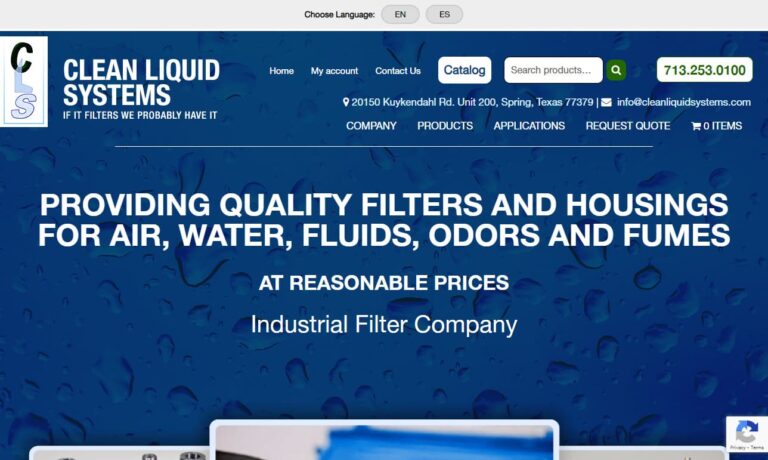
At Great Lakes Filters, we specialize in providing advanced liquid filtration solutions that keep industrial systems running clean, efficient, and reliable. With decades of experience in the filtration industry, we have developed a deep understanding of how to meet the demanding requirements of diverse applications—from metalworking fluids and coolants to chemical processing, water treatment,...
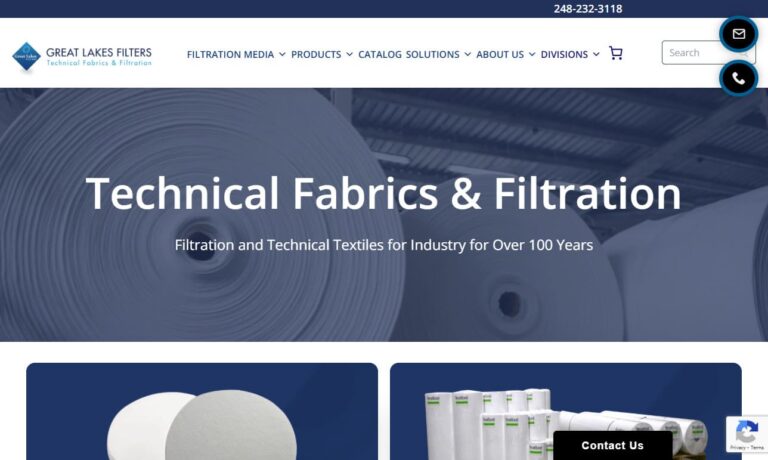
At Ryan Herco Flow Solutions, we are dedicated to providing high-quality liquid filtration products that keep critical processes running smoothly. Our expertise lies in helping customers solve complex fluid management challenges, and our liquid filters are at the heart of those solutions.
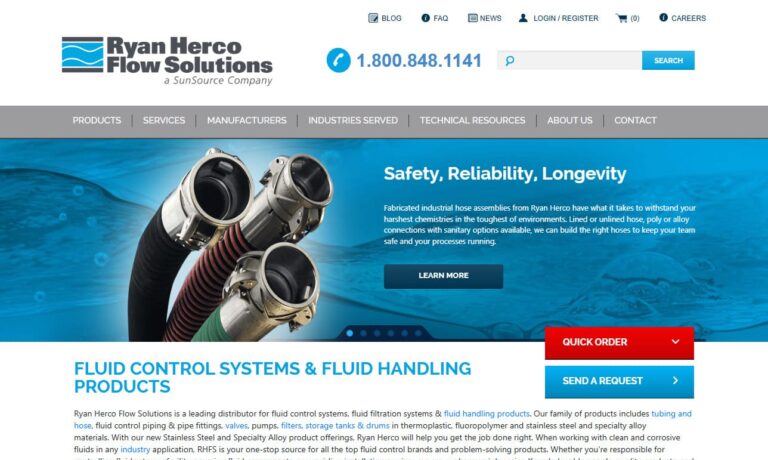
More Liquid Filtration Manufacturers
Often several of the same or dissimilar filtration products, generally known as liquid filtration systems, are employed in conjunction with one another for more complete and efficient purification. Placed in short succession with increasingly high restrictive properties, this liquid filtration system progressively increases particulate separation in order to prevent clogs and promote product longevity. The degree of filtration required depends largely upon the application as well as the intended use for the clarified fluid.
Medical, food and chemical processing, for instance might require such precision, whereas printing and refrigeration might block the passage of only larger particles. Beyond these examples, liquid filtration is utilized in such broad industries as textile mills, cosmetics, automotive, petroleum and oil, paper and pulp, marine, electronic, photographic, waste treatment and pharmaceutical.
Essential to the everyday operations of virtually all industrial facilities, base liquids may include coolants, corrosive chemicals, gasoline, diesel fuel, hydraulic fluid, lubricants, oil, inks, dies and paints. Water filtration, however, makes up a significant portion of all liquid filtration as it is integral to not only the aforementioned industries, but commercial and residential settings as well.
No matter the specific liquid, suspended contaminants are collected, trapped, absorbed, dissolved or otherwise removed or reduced from fluid flow lines through the use of various material and chemical media. While chemical filters employ activated carbon and clay to attract and trap negatively charged particles; cartridge filters, bag filters and strainers utilize material barriers or mats to eliminate excess or unwanted debris and impurities.
Organic and synthetic materials, such as cellulose, cotton, sand, paper, fiberglass, ceramics, metal, nylon and polypropylene provide matrices or lattices of variable porosity and permeability. These materials are known as the filter media. The filter itself is the housing, holding or framing used to keep the media in place.
These elements are made of more durable materials such as strong thermoplastics, aluminum, stainless steel and steel. Filters and purifying media may be purchased separately or in pre-assembled units depending on the intended use. Manufacturers and suppliers can provide helpful insight into the necessary liquid filtration for a specific application. While porosity and permeability are among the most important factors in filter selection, additional considerations include rate of flow, fluid and particulate composition, pressure drop, continuous versus batch operation, size, absorption, ply, operating temperature, load capacity and the efficiency or accuracy.





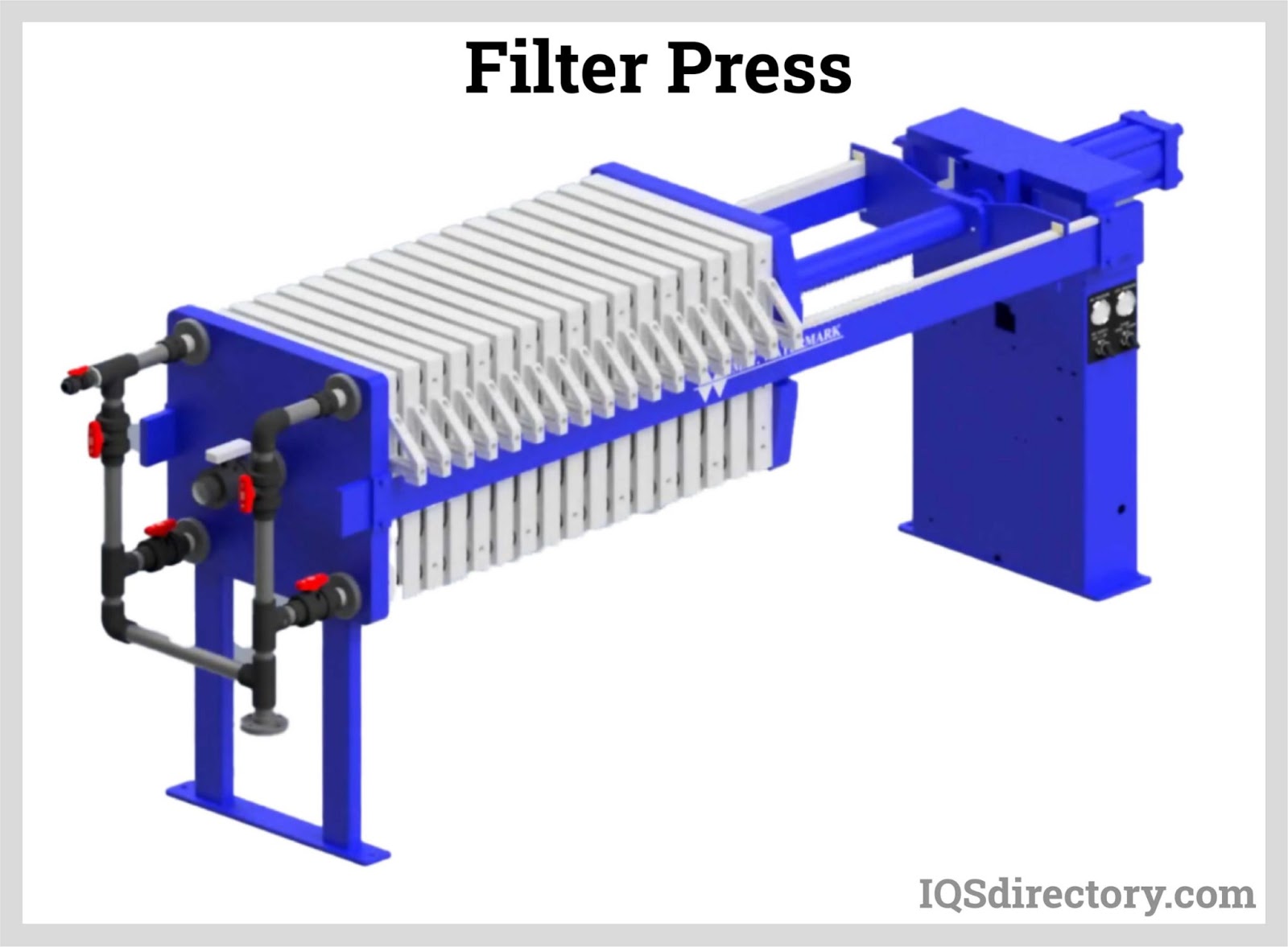
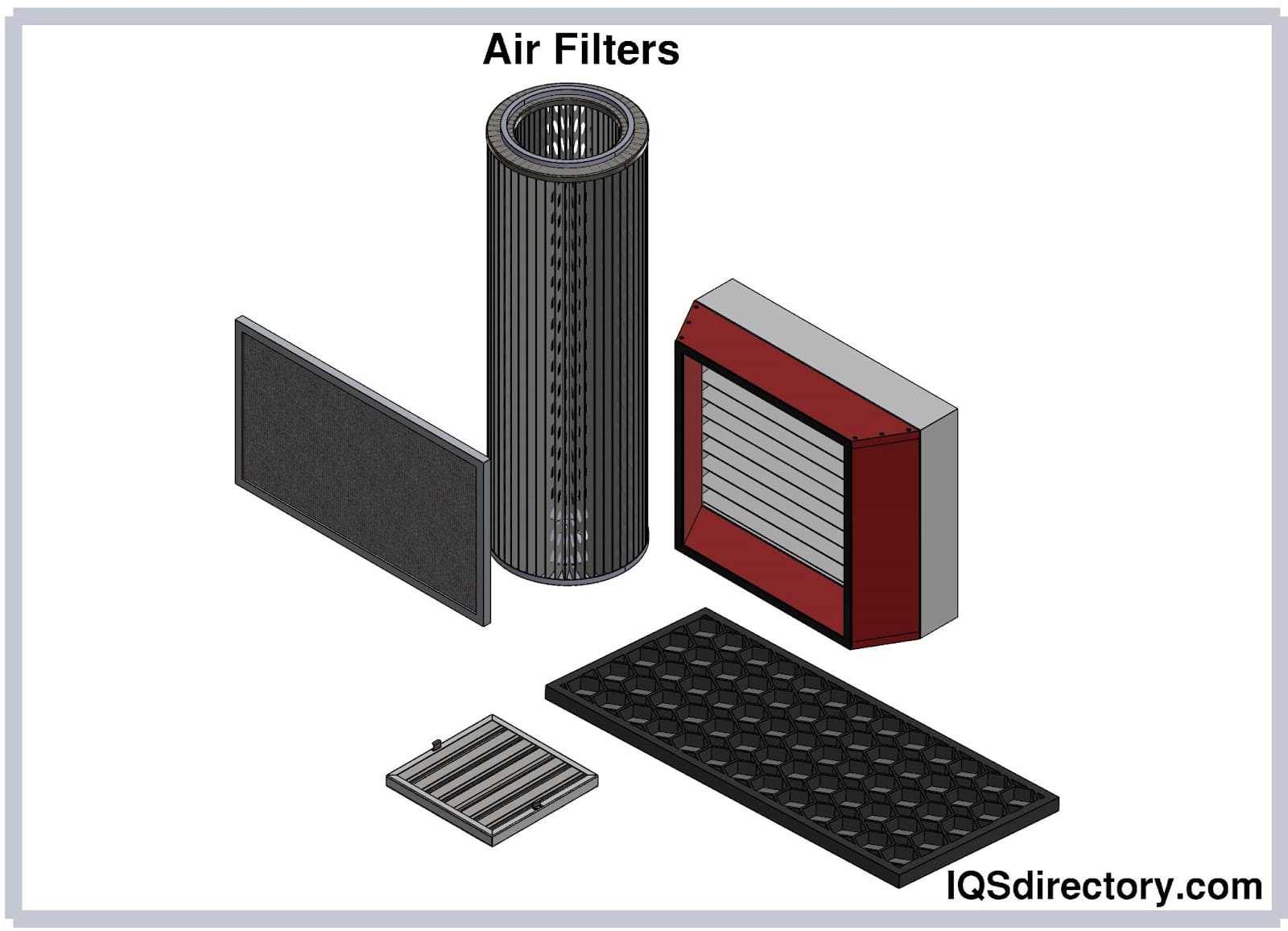
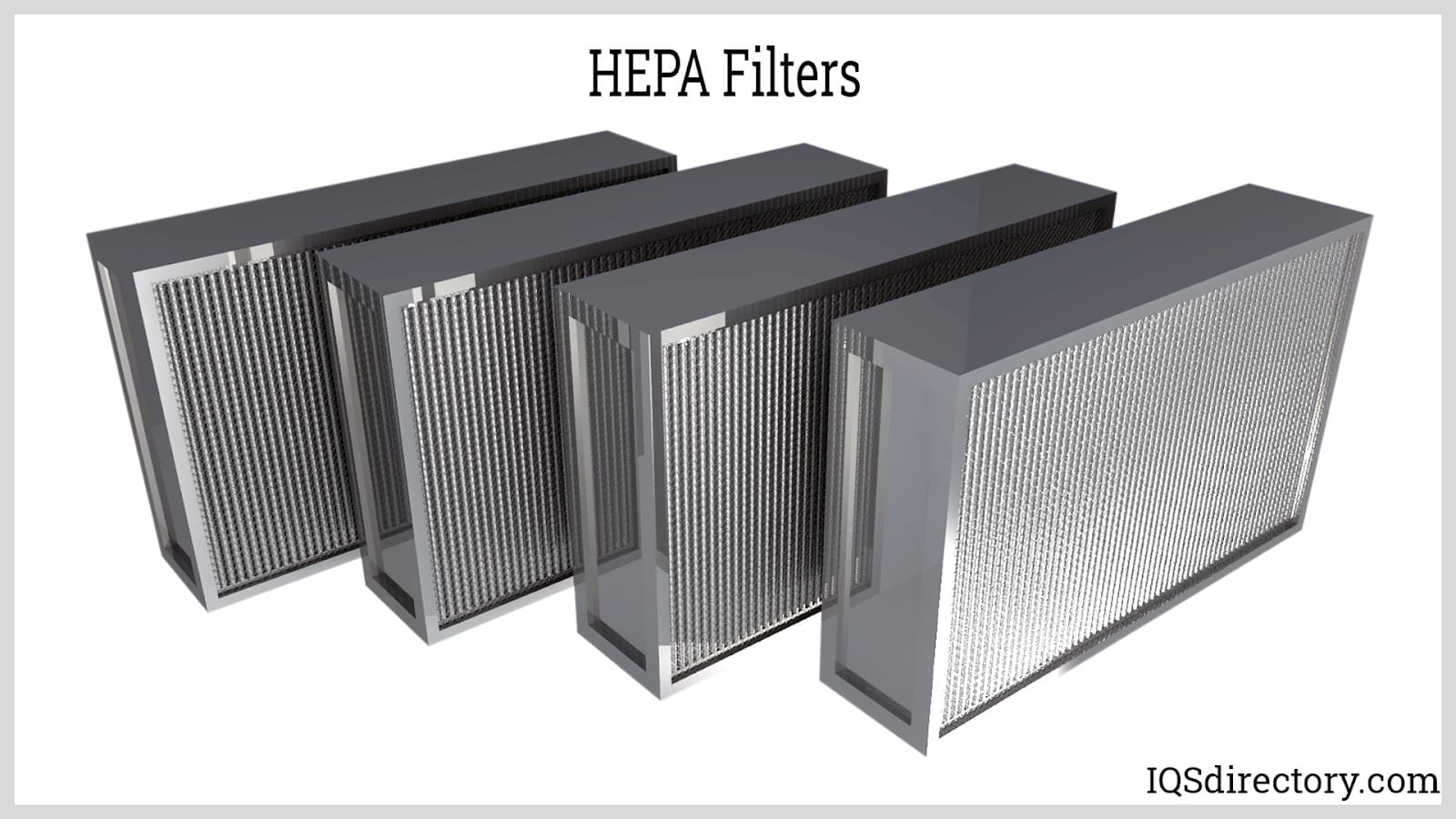
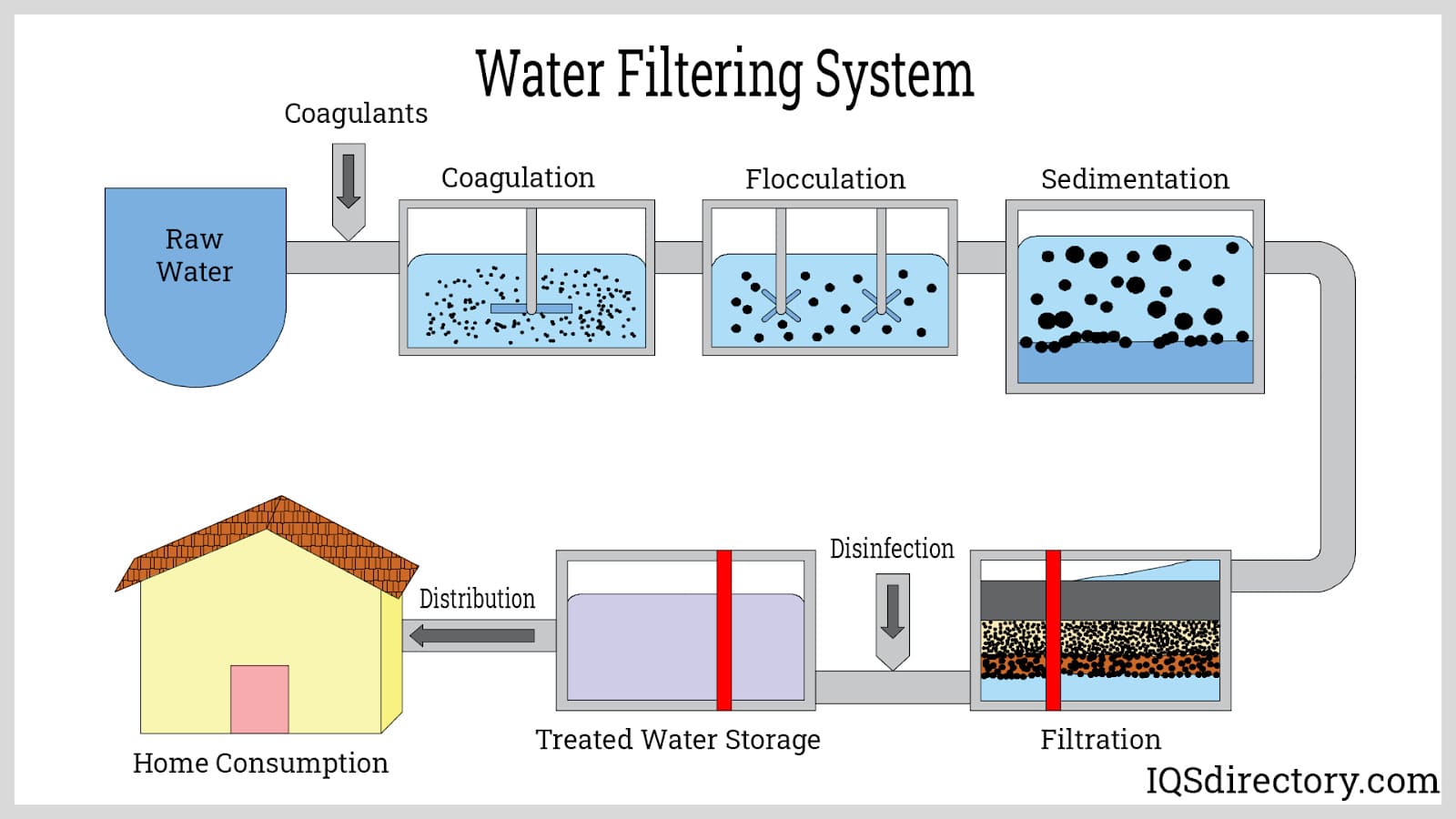
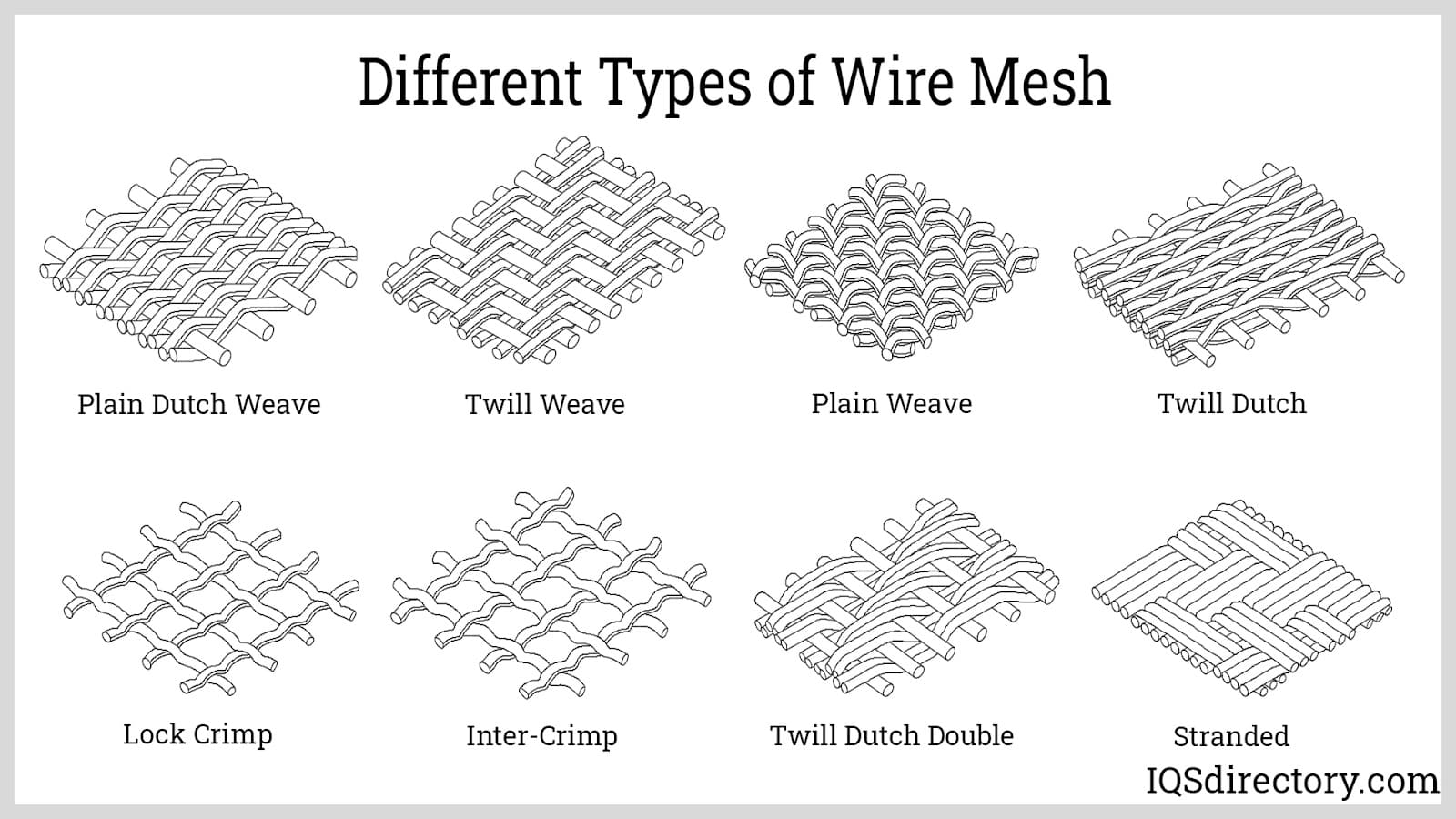
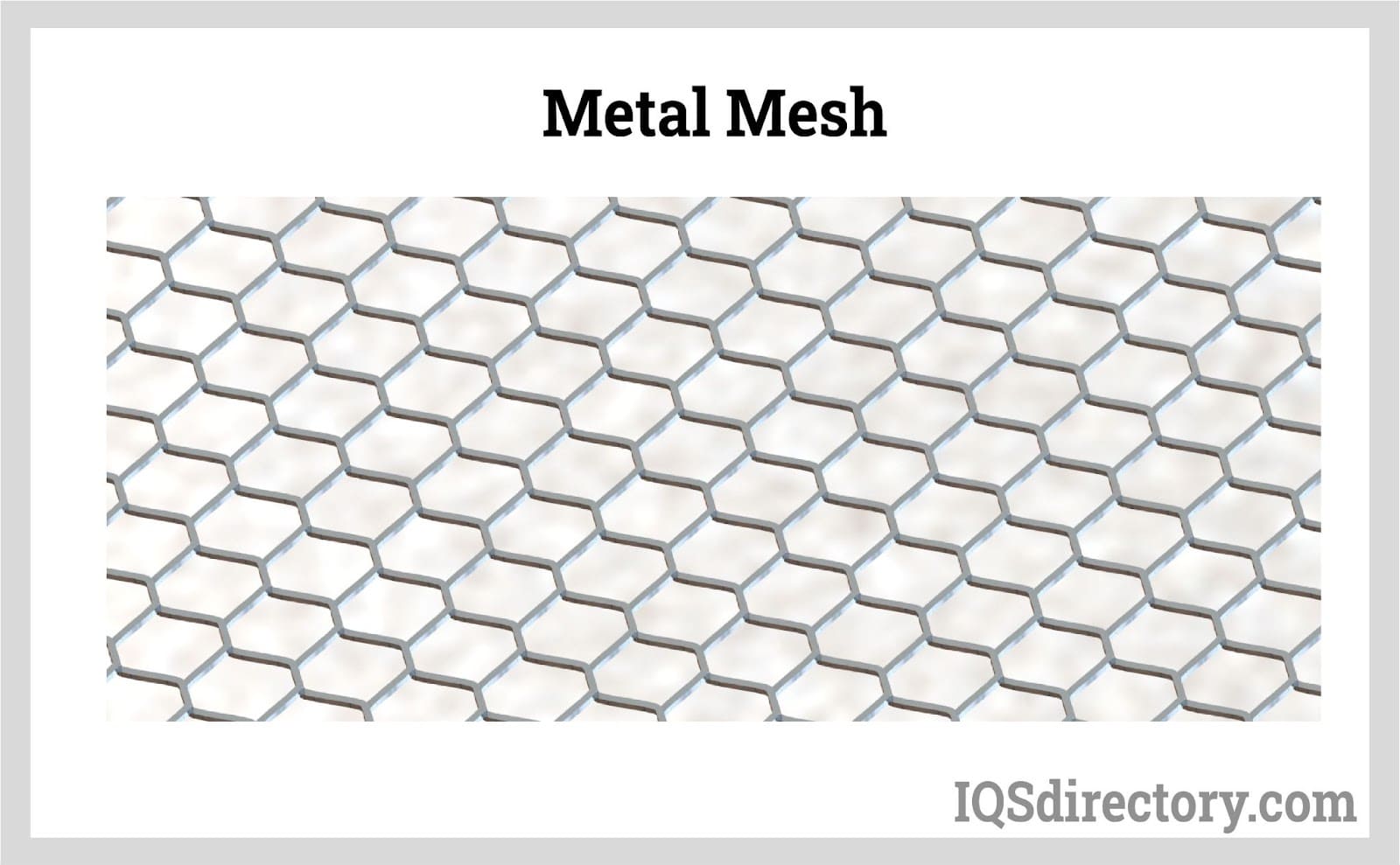
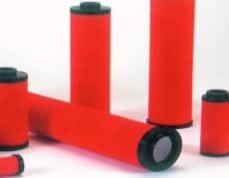 Air Filters
Air Filters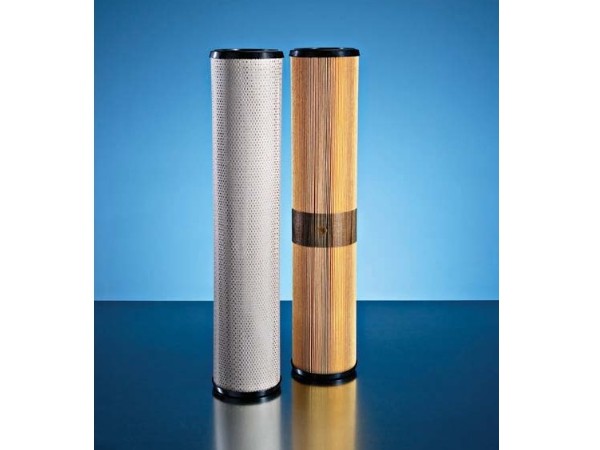 Liquid Filters
Liquid Filters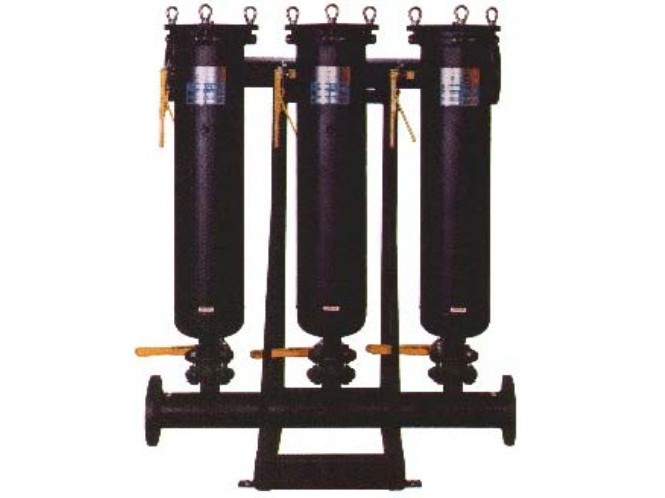 Filtering Systems
Filtering Systems Castings & Forgings
Castings & Forgings Bulk Material Handling
Bulk Material Handling Electrical & Electronic Components
Electrical & Electronic Components Flow Instrumentation
Flow Instrumentation Hardware
Hardware Material Handling Equipment
Material Handling Equipment Metal Cutting Services
Metal Cutting Services Metal Forming Services
Metal Forming Services Metal Suppliers
Metal Suppliers Motion Control Products
Motion Control Products Plant & Facility Equipment
Plant & Facility Equipment Plant & Facility Supplies
Plant & Facility Supplies Plastic Molding Processes
Plastic Molding Processes Pumps & Valves
Pumps & Valves Recycling Equipment
Recycling Equipment Rubber Products & Services
Rubber Products & Services